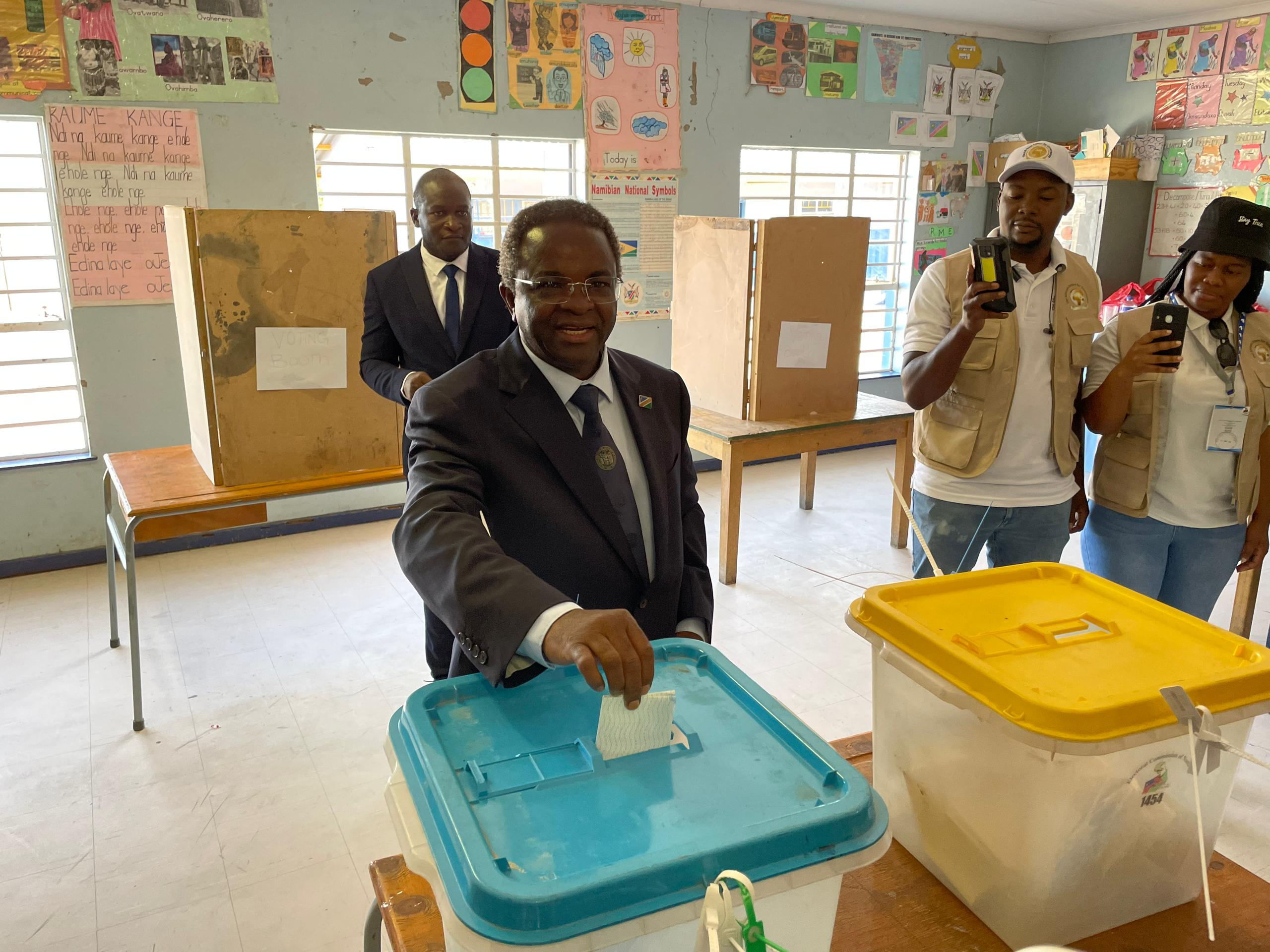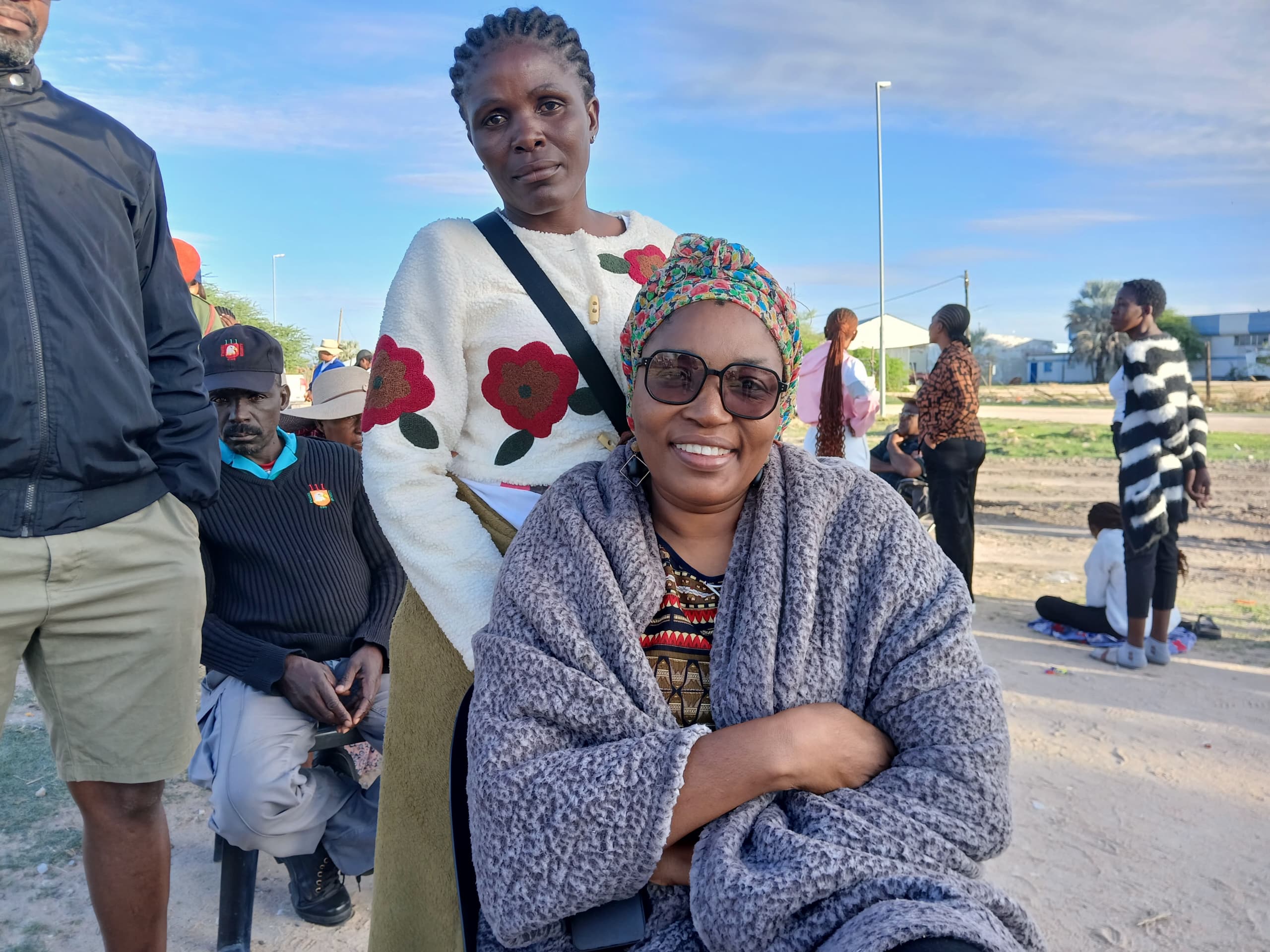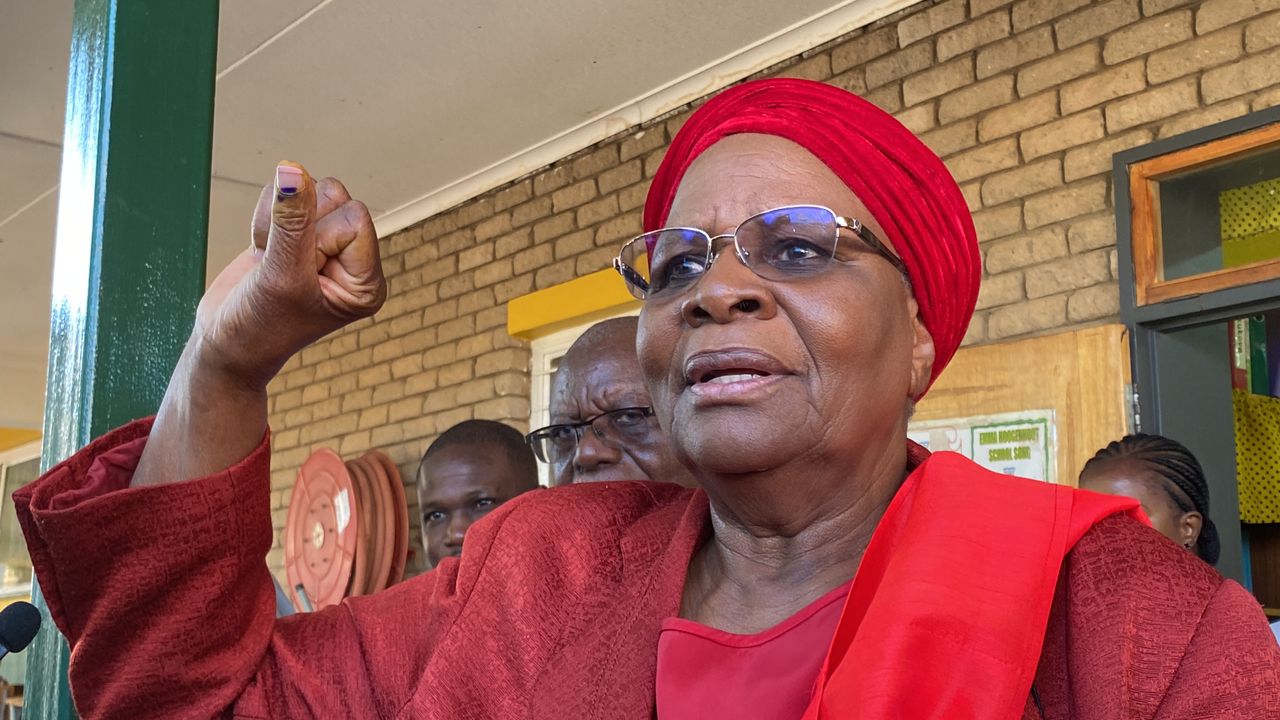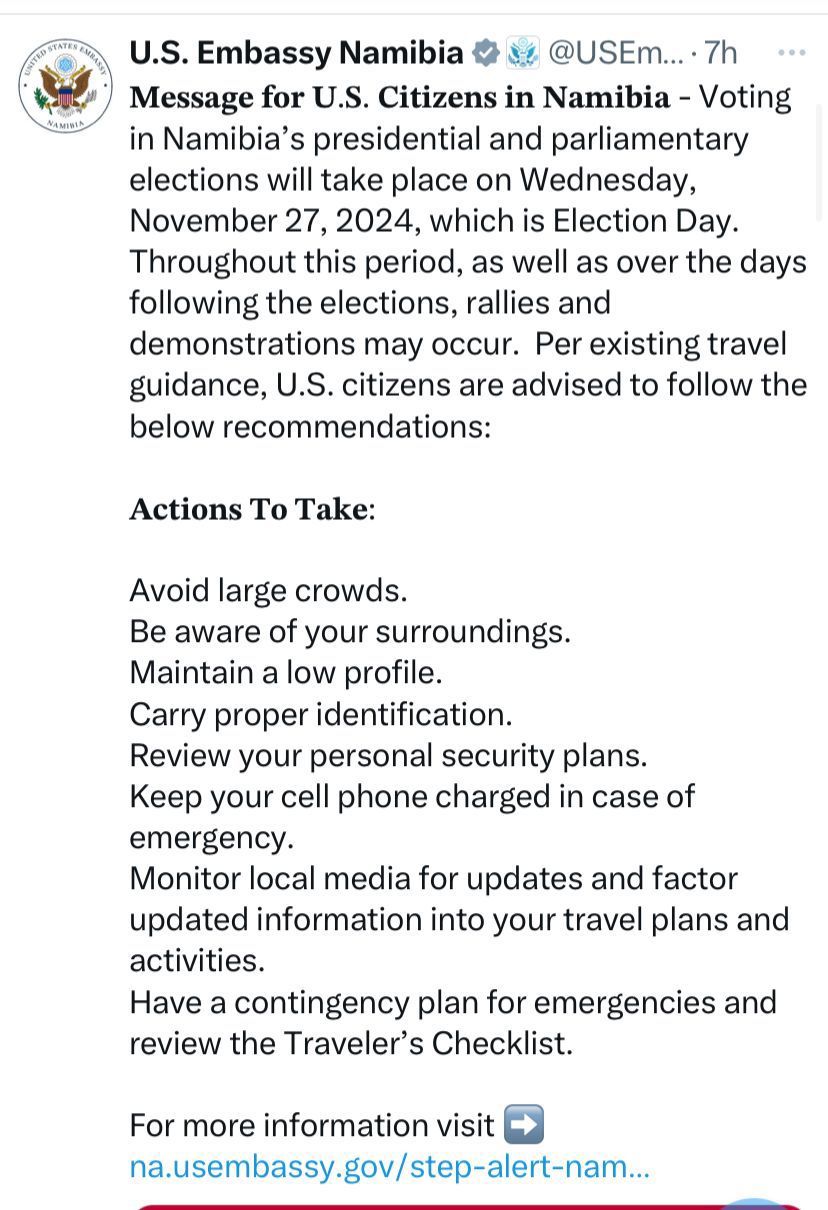Illegal, unregulated and unreported (IUU) fishing, as well as the poor utilisation of the country’s policies have been impacting Namibia’s quest to use its fisheries resources for the betterment of the masses negatively.
The country is bleeding about N$600 million per year as a result of this.
This was said by Landless People’s Movement (LPM) leader Bernadus Swartbooi last week.
“To our knowledge, there has been illegal fishing occuring in our waters as early as 2015,” he said.
“Up to 100 000 tonnes of fish are being harvested by six to seven foreign trawlers licensed for Angolan waters. These illegal acts are estimated to cost us N$600 million per year,” Swartbooi said.
He said the government has failed to act quickly and harshly – despite a 2017 ministerial report that called for the establishment and strengthening of monitoring, controlling and surveillance platforms at the northern maritime border.
“The government has failed to act on this report. More so, since 15 August, a letter to the Ministry of Finance and Public Enterprises called for the urgent addressing of illegal fishing, as this is a recurring event . . . but the government does not move with urgency on the matter,” Swartbooi said.
He said these illegal acts, coupled with the legal quota that should be met, could lead to the collapse of Namibia’s fishing industry.
The LPM said the Ministry of Fisheries and Marine Resources is not taking appropriate and urgent steps to address the issue.
Swartbooi’s remarks come days’ are the Confederation of Namibian Fishing Associations (CNFA) called on the fisheries ministry for urgent intervention to stop illegal fishing in Namibian waters.
The confederation said illegal fishing is putting the country’s marine resources at risk of collapsing.
CNFA chairperson Matti Amukwa called on the government to take immediate action to stop illegal fishing by deploying more patrol vessels to the northern border with Angola, and to work with the Angolan government to crack down on illegal fishing in Angolan waters.
Fisheries minister Derek Klazen said the ministry is working on an initiative to combat illegal fishing.
“We have engaged the confederation, and all of us are working together to tackle this issue of IUU. We are also working with the Angolan government,” he said.
He said two surveillance vessels are currently guarding Namibian waters.
During the recently observed National Fish Consumption Day at Walvis Bay, Klazen confirmed that IUU fishing remains a great threat to global efforts to sustainably manage marine resources within maritime boundaries and inland bodies.
He emphasised the importance of upholding international commitments and the country’s values when dealing with IUU fishing.
Swartbooi called for harsher punishment to IUU fishing, such as the blacklisting or confiscation of vessels and fining.
‘GOVT EXPLOITING POLICIES’
He said Namibia should revisit its existing policies and their applications.
This year the government has access to close to 60 000 tonnes in horse mackerel quota.
This, Swartbooi said, should not be the case, as the government should only obtain quotas in cases of emergency.
“The fishing industry has a crisis. On one end there is illegal fishing that is robbing us of our resources and upsetting the balance of the ecosystem, and on the other end, the government is exploiting policies and creating an environment that does not allow emerging private players an environment which is fair and accessible,” he said.
LPM spokesperson Lifalazi Simataa said there is an urgent need for the ministry, the Anti-Corruption Commision and oversight bodies to act.
“We need a clear vision for the sector – one that prioritises the well-being of the people of Namibia,” he said.
Stay informed with The Namibian – your source for credible journalism. Get in-depth reporting and opinions for
only N$85 a month. Invest in journalism, invest in democracy –
Subscribe Now!






